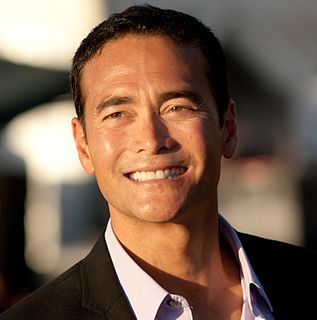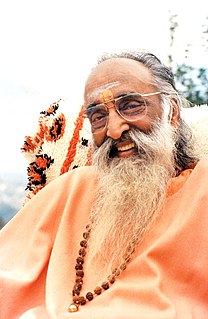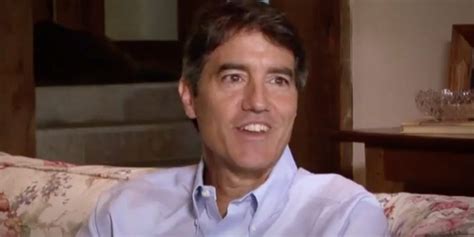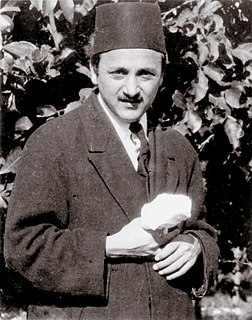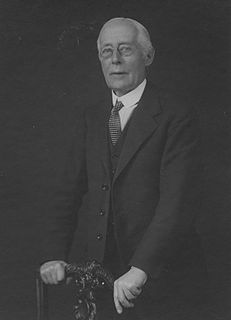A Quote by Juan Felipe Herrera
Poetry is a call to action, and it also is action.
Related Quotes
My feeling is that most political poetry is preaching to the choir, and that the people who are going to make the political changes in our lives are not the people who read poetry, unfortunately. Poetry not specifically aimed at political revolution, though, is beneficial in moving people toward that kind of action, as well as other kinds of action. A good poem makes me want to be active on as many fronts as possible.
I'm such an action movie junkie that as an action fan, because action scenes are so heightened, we could never really picture ourselves in that scene. So when you're watching an action movie, you experience an action movie more outside of the aquarium: you know you're out of the aquarium looking in at all the swimming fish that are in there.
Relationship is action, is it not? Action has meaning only in relationship; without understanding relationship, action on any level will only breed conflict. The understanding of relationship is infinitely more important than the search for any plan of action. The ideology, the pattern for action, prevents action. Action based on ideology hinders the understanding of relationship between man and man.
[Action's] a Western thing. We think of the hero going into battle, rebelling against a government or an oppressor, but [in KUNDUN] action is nonaction or what appears to be nonaction. That's a hard concept for Western audiences. . . . We wanted to show a kind of moral action, a spiritual action, an emotional action. Some people will pick up on it; some won't.
It is not sufficient to pray diligently for guidance, but this prayer must be followed by meditation as to the best methods of action and then action itself... because prayers can only be answered through action and if someone's action is wrong, God can use that method of showing the pathway which is right.





